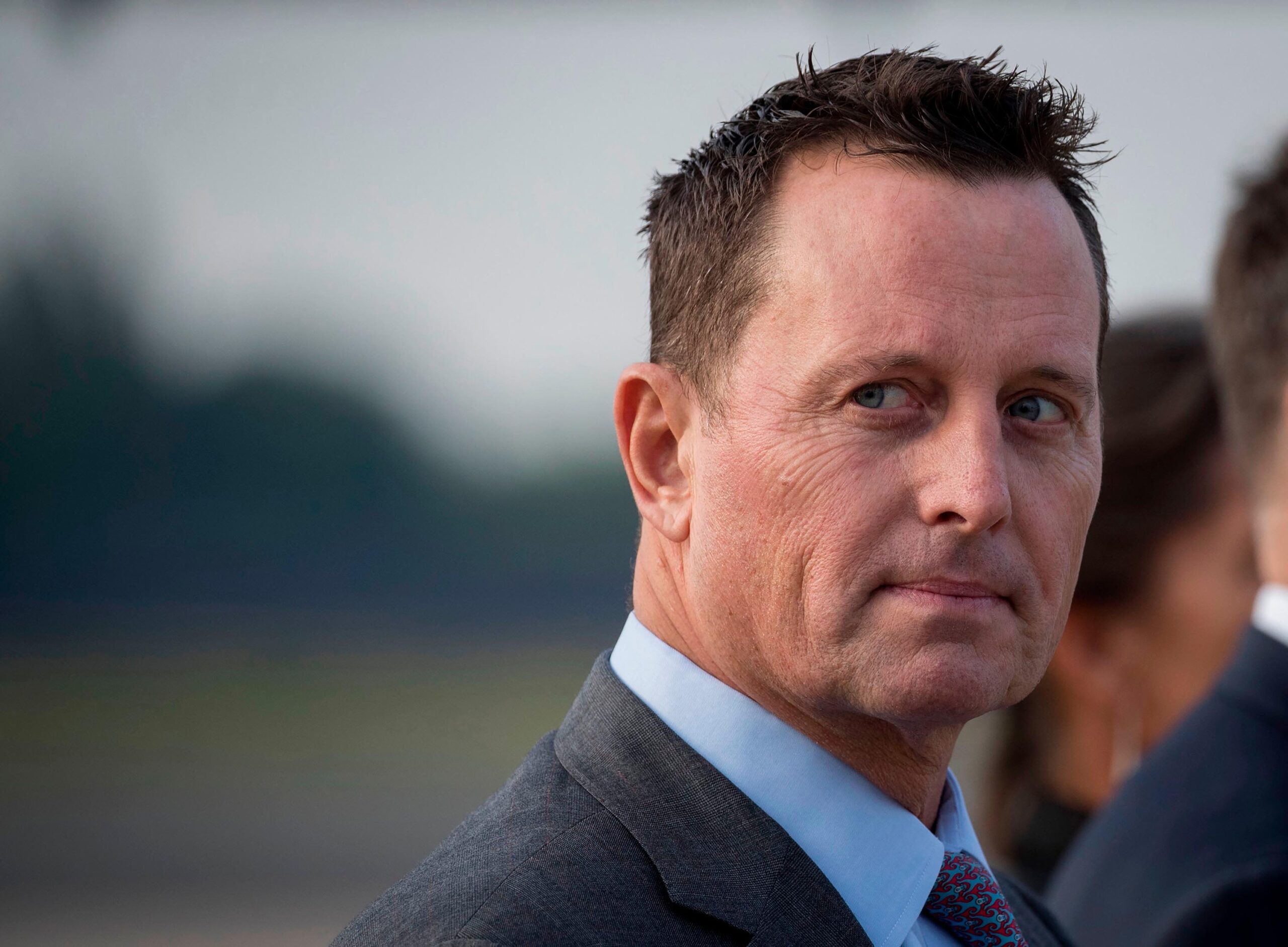President-elect Donald Trump is reportedly considering Ric Grenell, his former acting Director of National Intelligence and U.S. Ambassador to Germany, for the position of special envoy to address the ongoing conflict between Russia and Ukraine. If appointed, Grenell would lead U.S. diplomatic efforts to mediate one of the most complex and contentious geopolitical conflicts in recent history.
Grenell’s Diplomatic Experience
Grenell’s extensive background in diplomacy makes him a strong candidate for this high-profile role. As U.S. Ambassador to Germany during Trump’s first term, he worked to strengthen NATO alliances while addressing key security concerns, such as military spending and energy dependence on Russia. His tenure was characterized by direct and often controversial diplomacy, earning him both praise and criticism from international leaders.
Additionally, Grenell served as acting Director of National Intelligence in 2020, becoming the first openly gay person to hold a U.S. Cabinet-level position. His role included overseeing intelligence operations and shaping national security policy during a critical period.
Grenell also gained recognition for brokering an economic normalization agreement between Serbia and Kosovo in 2020, demonstrating his ability to mediate in tense international disputes. This success has bolstered his reputation as a capable negotiator in high-stakes scenarios.
Controversial Stances on Ukraine
Grenell’s potential appointment has sparked debate due to his controversial views on the Russia-Ukraine conflict. During a July 2024 roundtable discussion, he proposed the creation of “autonomous zones” as a possible solution to the territorial disputes in Ukraine. This suggestion has raised concerns among Ukrainian officials, who view it as undermining the country’s sovereignty.
Additionally, Grenell has expressed skepticism about Ukraine’s immediate NATO membership, aligning with views shared by Trump and other conservative allies. Critics argue that such positions may complicate his ability to gain the trust of Ukrainian leaders, while supporters see his approach as pragmatic and geared toward achieving a swift resolution to the conflict.
Implications for U.S. Foreign Policy
If appointed, Grenell would play a pivotal role in shaping the Trump administration’s strategy for Eastern Europe. His leadership could signal a shift toward proactive diplomatic engagement aimed at ending the war. However, his controversial positions may present challenges in building consensus among NATO allies and Ukrainian leadership.
Grenell’s appointment would also underscore Trump’s broader foreign policy priorities, which have traditionally emphasized direct negotiations and reduced reliance on multilateral frameworks. Observers believe that his involvement could lead to innovative, albeit unconventional, approaches to conflict resolution.
Appointment Still Uncertain
While Grenell is seen as a strong contender for the role, his appointment is not yet finalized. Reports indicate that Trump is seriously considering creating the position but has not made a formal decision. Moreover, Grenell himself may decline the role if offered, citing personal or professional considerations.
Both Grenell and Trump’s transition team have declined to comment on the matter, leaving uncertainty about whether the appointment will materialize.
Conclusion
The potential appointment of Ric Grenell as special envoy for the Russia-Ukraine conflict underscores the Trump administration’s focus on addressing international security challenges through direct and decisive leadership. With Grenell’s extensive experience and strong connections to the administration, his involvement could bring fresh momentum to U.S. efforts in Eastern Europe. As developments unfold, the world will be watching closely to see how Trump’s team tackles this critical global issue.
Sources
- Trump considers ex-intelligence chief Richard Grenell for Ukraine post, sources say
- Ric Grenell’s diplomatic record as U.S. Ambassador to Germany
- Grenell’s role in Serbia-Kosovo economic agreement
- Grenell floats idea of “autonomous zones” for Ukraine conflict resolution



